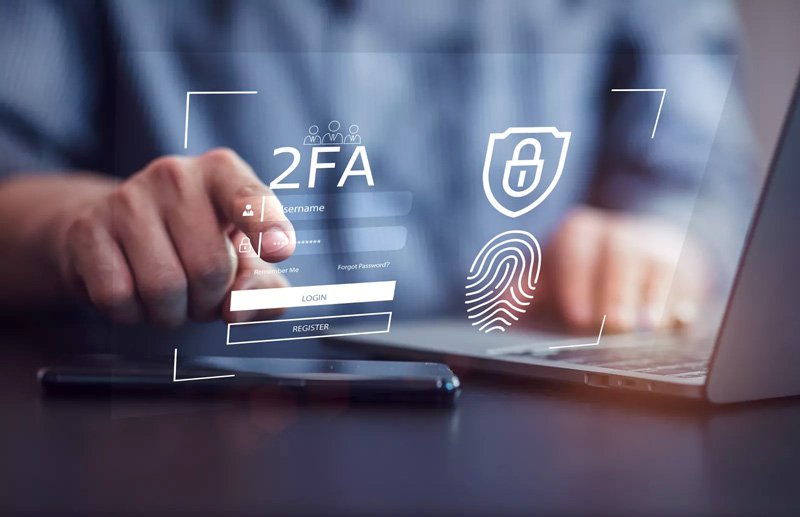Virtual data rooms have become central to how organizations conduct digital deals. Every exchange, from document review to contract approval, depends on verified access. Businesses handling confidential information must protect it from unauthorized intrusion. Two-factor authentication (2FA) creates a dependable barrier that supports this trust.
Two-factor authentication adds structured identity confirmation within controlled online frameworks. Professionals trust platforms such as https://data-room.co.uk/merrill-datasite/ because they focus on verified user protection. The system minimizes security gaps by demanding two proof elements. That practice strengthens business interactions where accuracy and confidentiality are vital.
Foundation of Digital Confidence
Trust defines success within virtual data environments where sensitive data moves constantly. Two-factor authentication ensures that only verified users can access restricted files. Each user must confirm identity through codes, devices, or biometric details. That structure makes unauthorized access nearly impossible without complete verification.
Confidence expands when every transaction includes traceable and verified participation. Data integrity remains protected from the initial login to the final download. This consistent protection demonstrates accountability within every virtual workspace. Both sides of a deal gain assurance that information remains secure.
Securing Identity Verification
Strong identity verification acts as the cornerstone of secure digital operations. Passwords alone cannot defend against sophisticated intrusion or data exposure. Two-factor authentication integrates additional elements to verify rightful ownership of credentials. Each verification factor reduces potential misuse and strengthens transactional reliability.
Within virtual data rooms, authentication becomes part of the operational routine. It supports access tracking and protects the audit trail for compliance. Every code or device token creates a record of legitimate entry. That traceability ensures each activity can be reviewed for integrity and accuracy.
Enhanced Digital Communication
Digital communication flows smoothly when users feel protected and respected. Two-factor authentication promotes open interaction without compromising confidentiality. Each approved step reinforces mutual trust within complex transactional processes. As a result, secure communication evolves into standard business behavior.
Participants operating within virtual data rooms exchange information confidently. They collaborate on contracts, proposals, and reports under verified protection. Security layers support these exchanges without slowing negotiation or review. The approach keeps focus on productivity while maintaining consistent confidentiality control.
Operational Discipline and Accountability
Secure systems depend on clear protocols that define accountability. Two-factor authentication establishes those boundaries with verified checkpoints. Each login confirms that the participant is authorized and responsible. That process creates measurable discipline across every digital interaction.
Companies benefit from such structured integrity within their data workflows. Authentication standards align with compliance expectations and regulatory requirements. Internal users understand their duties, and external partners gain confidence. Together, they create a secure environment that prioritizes precision over access convenience.
Key Advantages of Two-Factor Authentication
- Confirms genuine user identity through secondary verification steps
- Protects classified documents and confidential agreements within secure portals
- Ensures regulatory alignment through traceable authentication logs
- Encourages transparent cooperation between verified business counterparts
Each advantage strengthens the foundation of dependable digital operations. Organizations that apply 2FA show dedication to professional consistency. Such a structure encourages long-term relationships built on verifiable protection. Confidence grows naturally from systems designed for balanced control.
Secure Platforms that Redefine Digital Confidence
Modern virtual data rooms integrate advanced authentication to protect digital deals. Their architectures combine technology and regulation to maintain verified transparency. Every document exchange, access request, and approval follows secure authentication paths. Businesses depend on these systems to sustain trustworthy cooperation.
These data environments balance privacy with operational accessibility and compliance precision. Verified credentials restrict entry to designated documents and assigned permissions. Every process functions within clear digital boundaries supported by structured oversight. Professionals exploring these advanced solutions gain insight into dependable, secure deal execution.









